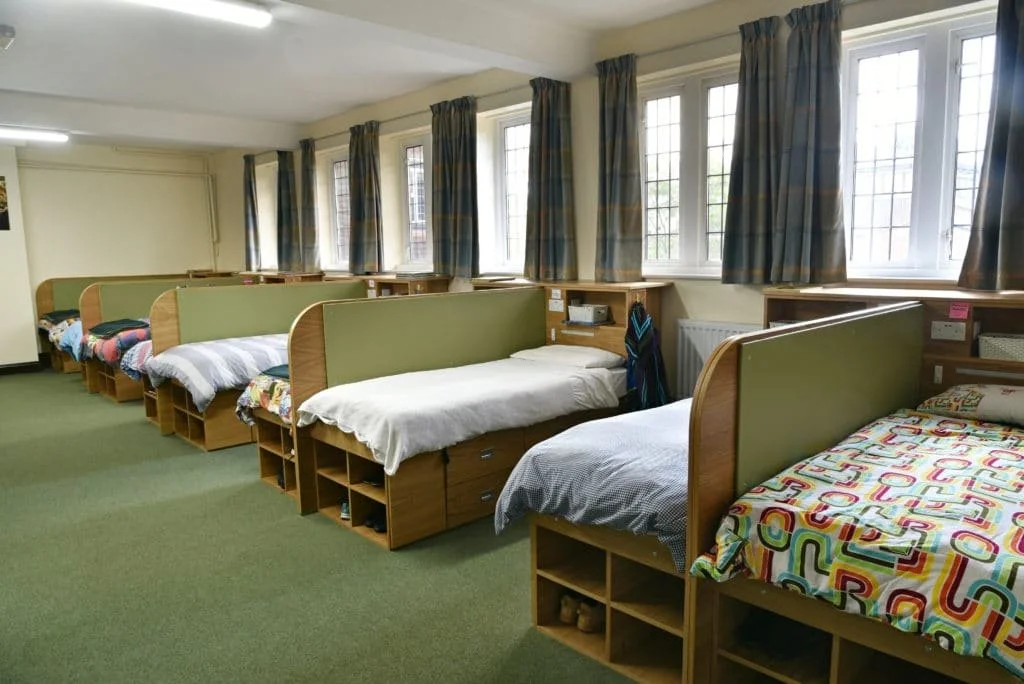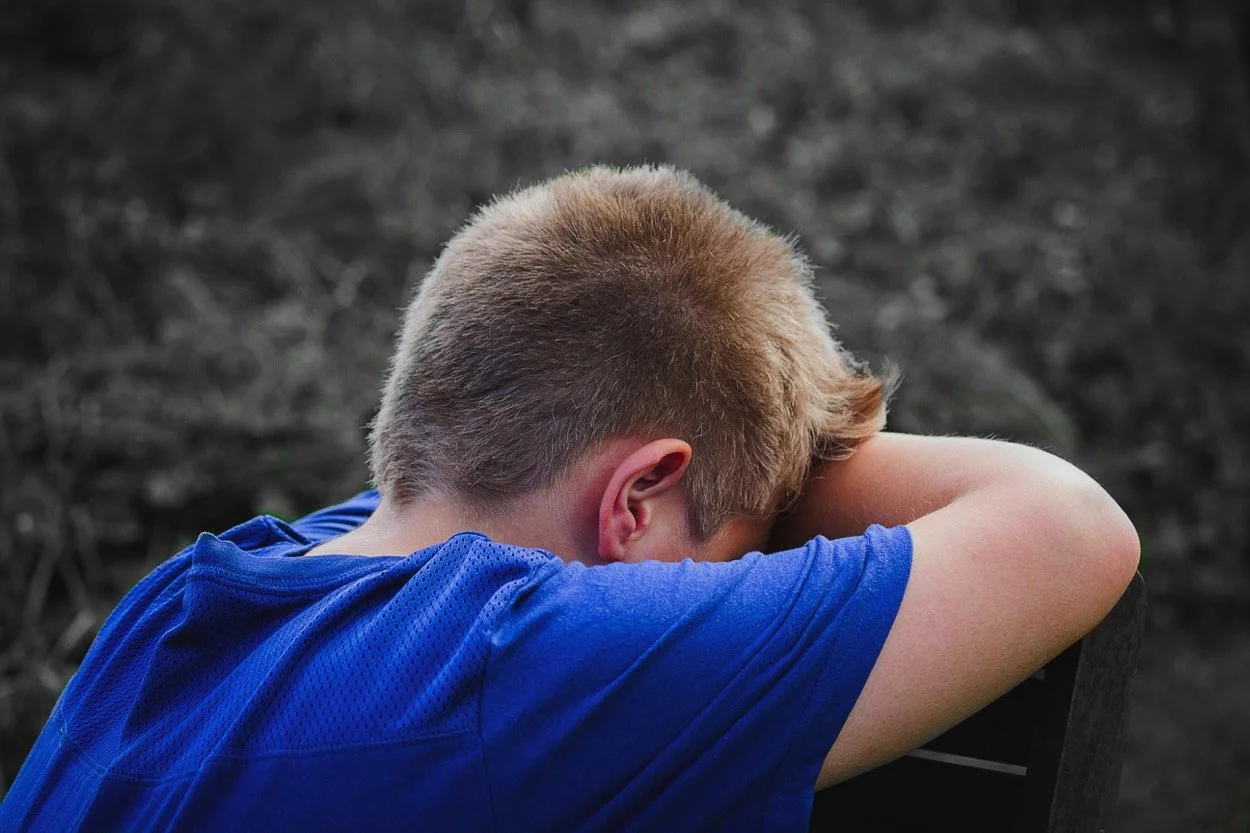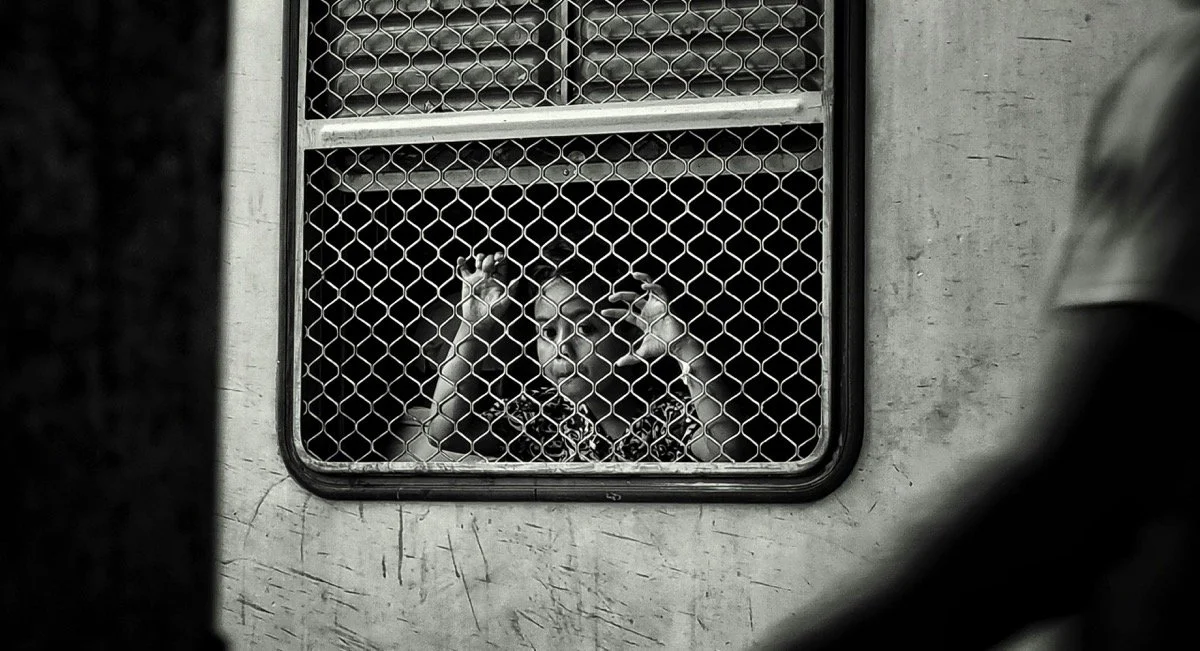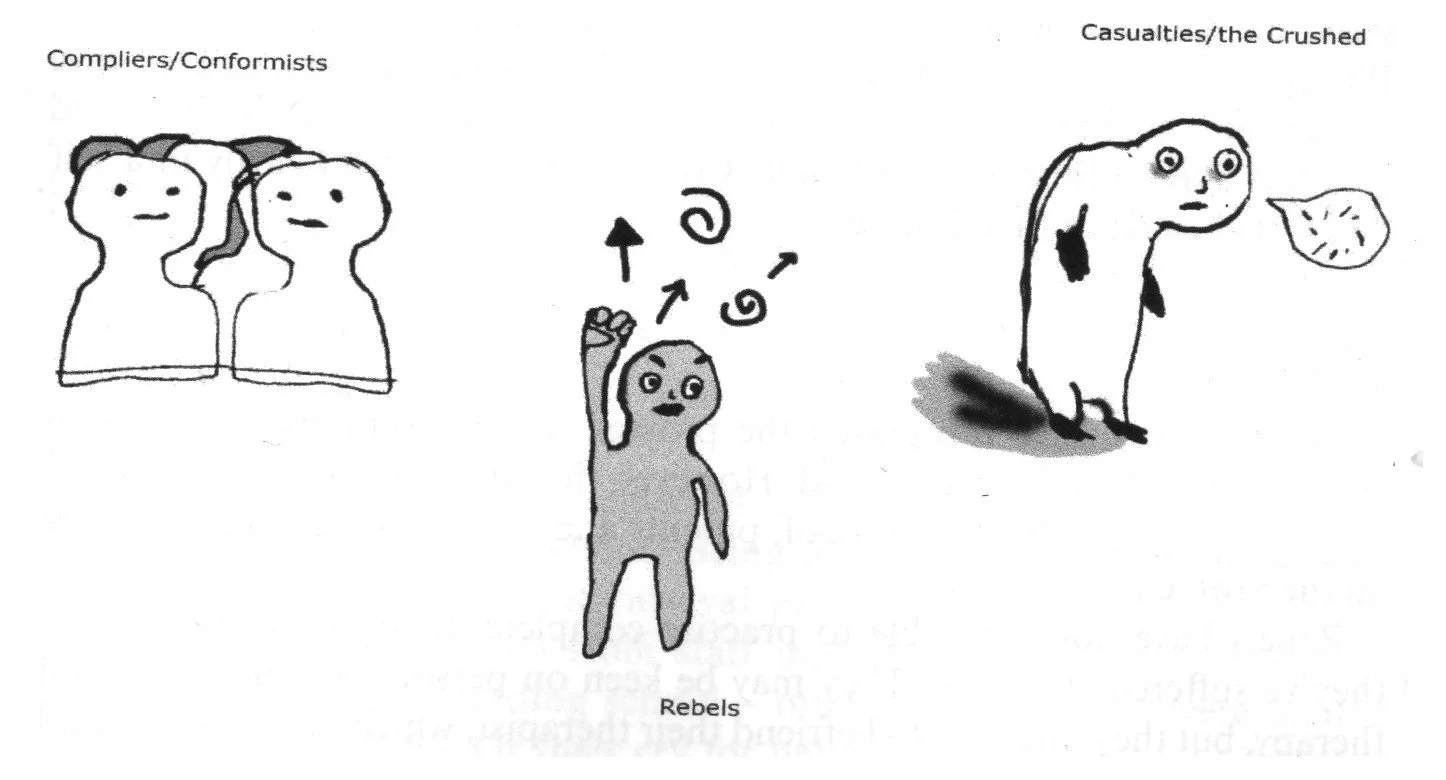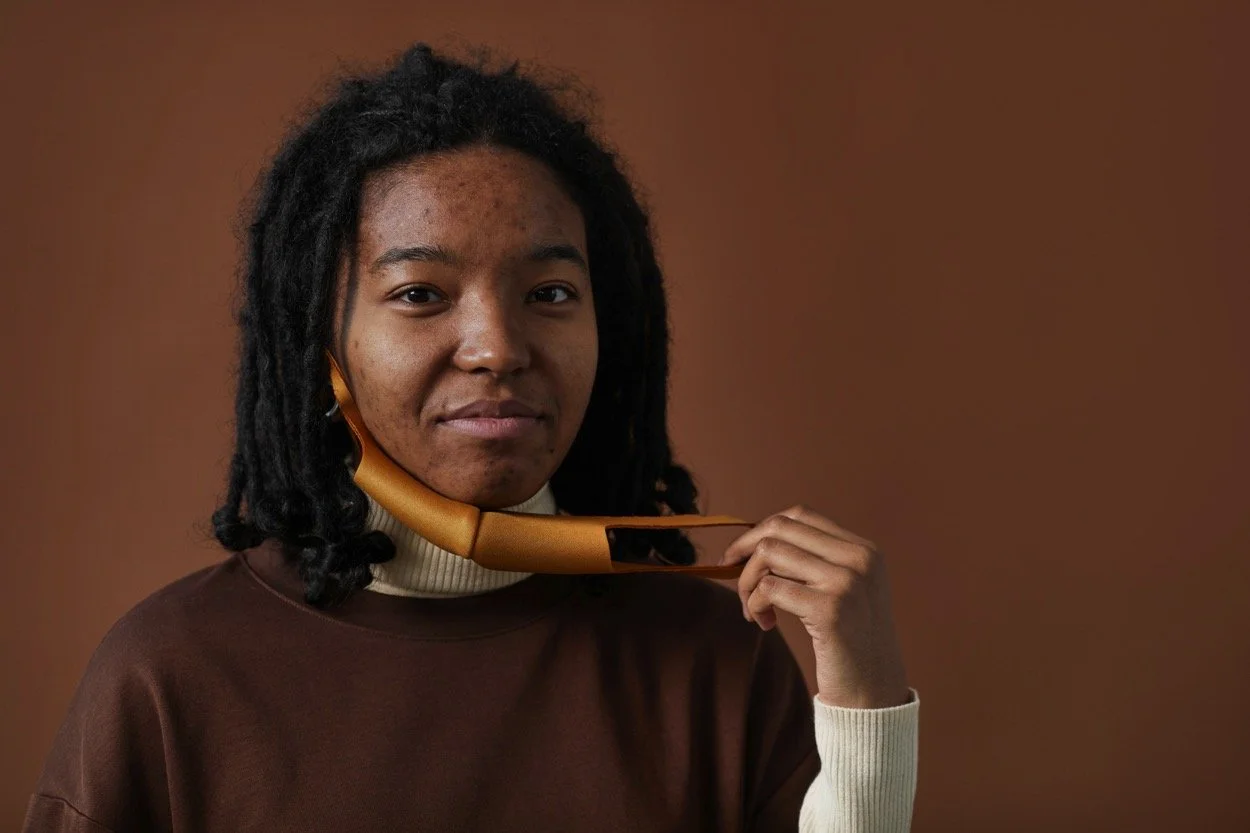The “A-B-C-D” of Boarding School Syndrome
Being sent to boarding school
For many, boarding school is spoken of as a privilege – an opportunity to receive the “best” education and to build lifelong resilience.
Others may have been sent to boarding school because their parents were missionaries or served in the army in foreign countres.
Yet for countless former boarders, the lived experience tells a different story. Behind the polished image lies what has come to be known as Boarding School Syndrome: a complex set of emotional wounds that can profoundly shape how we see ourselves, relate to others, and move through life.
The Early Wound: Abandonment and Loss
For a young child, being sent away to boarding school can feel like abandonment. At five, six, or eight years old, the child is taken from everything familiar – parents, home, toys, and friends. What is often described as “homesickness” is in reality something much deeper: a rupture in the natural continuity of childhood development.
Sudden separations, often without goodbyes, can be experienced as bereavement. The yearning for a parent’s love may be met with silence, and over time, children may learn to suppress their feelings, concluding that no one will come to comfort them. Love, in turn, is often replaced by resignation, anger, or emotional withdrawal.
Living in Captivity
Boarding school can feel like “doing time” for a crime never committed. Children are held to strict rules that demand they “put away childish things,” often crushing spontaneity and innocence. At the mercy of staff or peers, autonomy is surrendered, and the cycle of leaving home and returning to school can feel endless.
This sense of captivity can leave lasting imprints, replaying later in adult relationships, where dynamics of power, dependence, or fear of abandonment resurface.
Survival Through Dissociation
When faced with an intolerable environment, children adapt by dissociating. They learn to cut off parts of themselves, creating a split between their “school identity” and their “home identity.” Outwardly, they may appear to adjust quickly, but in adulthood, many report a sense of not being fully alive – of living behind a mask.
The Strategic Survival Personality
To cope, many boarders develop what has been called a Strategic Survival Personality. This “false self” is designed to keep them safe – by conforming, staying out of trouble, or hiding vulnerability. On the surface, such individuals may appear confident, capable, and proactive. Beneath the mask, however, lie feelings of sadness, fear, and a deep sense of not being truly seen.
Different expressions of this survival personality can emerge: Some fully embrace the system’s values, believing “it never did me any harm.”
Others rebel, carrying anger at parents or institutions while also struggling to connect with their own inner authority. Some, particularly those who faced neglect or abuse before boarding school, may find it harder to form a stable personality at all, often turning to alcohol, drugs, or withdrawal.
From Survival to Living
Healing begins with recognising these patterns. The survival personality was necessary – it protected the child. But as adults, we can ask: does it still serve us? What needs are being left unmet? What parts of the self remain hidden?
This process involves courage – taking off the mask, facing grief, and embracing the pain of what was lost. Change is often resisted, because the old strategies once worked. Yet, with support, it becomes possible to move from merely surviving to truly living.
Coming Home to the Self
The journey of recovery is often described as a homecoming. But where is home? For many former boarders, it is not simply about “moving on,” but about integrating the past, forgiving where possible, and choosing to live as a whole human being.
Writing one’s story, reclaiming the lost child within, and even seeking reconciliation with parents can be powerful steps. Forgiveness – when it comes – is not about excusing, but about finding freedom.
Ultimately, healing means finding a way to be fully alive: to know who we are, how we became this way, and how we wish to live going forward.
Read my blog post “When the school becomes the parent”
References
Duffell, N. and Basset, T. (2016). Trauma, Abandonment and Privilege. Routledge.
Duffell, N. (2025). The Un-Making of Them. Taylor & Francis.
Schaverien, J. (2015). Boarding School Syndrome. Routledge.


